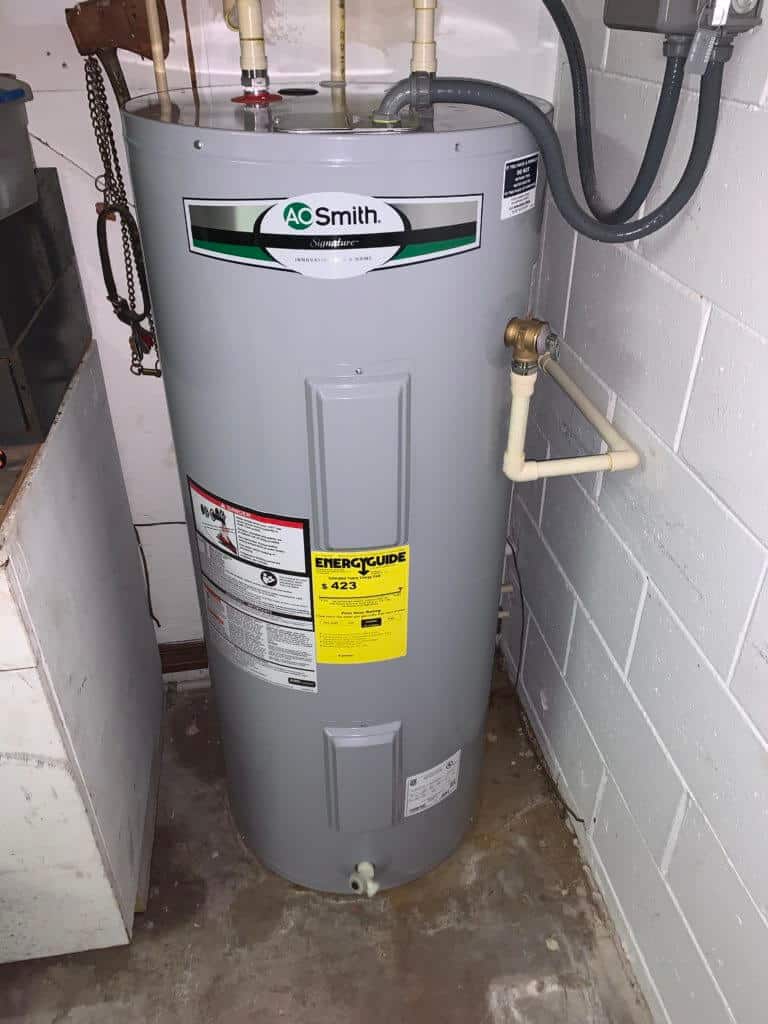
Flow Pros Plumbing Services
Choosing the Right Water Heater for Your Home
When it comes to our daily lives, few things are as essential as hot water. From morning showers to doing the dishes, having a reliable water heater is crucial for our comfort and convenience. However, with the multitude of options available in the market, choosing the right water heater for your home can be a daunting task. To help you make an informed decision, we have compiled this comprehensive guide that will walk you through the key factors to consider when selecting a water heater.
-
Types of Water Heaters: There are several types of water heaters available, each with its own advantages and considerations: a) Storage Tank Water Heaters: These traditional water heaters store and heat a specific amount of water in a tank. They are cost-effective and suitable for households with regular hot water usage. b) Tankless Water Heaters: Also known as on-demand water heaters, they heat water as it flows through the unit, eliminating the need for a storage tank. Tankless heaters are energy-efficient and provide a continuous supply of hot water. c) Heat Pump Water Heaters: This type of water heater extracts heat from the surrounding air or ground to heat the water. They are highly energy-efficient but require suitable installation locations.
-
Size and Capacity: Choosing the right size and capacity for your water heater is essential to ensure you have an adequate supply of hot water for your household’s needs. Factors to consider include the number of occupants, daily hot water usage, and peak demand periods. A professional can help you determine the appropriate size based on these factors.
-
Fuel Source: Water heaters can be powered by various fuel sources, including: a) Electric: Electric water heaters are popular due to their affordability and ease of installation. However, they may have higher operating costs depending on electricity rates. b) Natural Gas: Gas water heaters are known for their quick heating ability and lower operating costs compared to electric models. However, they require a gas line connection and proper ventilation. c) Propane: Propane water heaters offer similar benefits to natural gas heaters but are suitable for homes without access to a natural gas line.
-
Energy Efficiency: Water heating accounts for a significant portion of home energy consumption. Opting for an energy-efficient water heater not only reduces your carbon footprint but also lowers your utility bills. Look for models with high energy efficiency ratings such as ENERGY STAR certification, which indicates superior performance.
-
Installation and Maintenance: Consider the installation requirements and maintenance needs of the water heater you are considering. Proper installation and regular maintenance are crucial for optimal performance and longevity. Some models may require professional installation, while others can be suitable for DIY enthusiasts.
-
Budget Considerations: While it’s important to find a water heater that fits your budget, prioritize long-term savings over initial costs. Take into account the unit’s lifespan, energy efficiency, and potential maintenance or repair expenses when evaluating the overall cost.
-
Warranty and Customer Support: Ensure the water heater you choose comes with a reliable warranty and accessible customer support. A good warranty provides peace of mind and protects you against unexpected malfunctions or breakdowns.
Choosing the right water heater for your home involves considering factors such as type, fuel source, size, energy efficiency, installation requirements, and budget. Assess your household’s needs and consult professionals or trusted sources for guidance. By making an informed decision, you can enjoy the benefits of a reliable, energy-efficient water heater that meets your family’s hot water demands for years to come. You need to have a professional plumbing company to install your new water heater.
[trustindex data-widget-id=”165a71614e669916e94663f99dc”]
